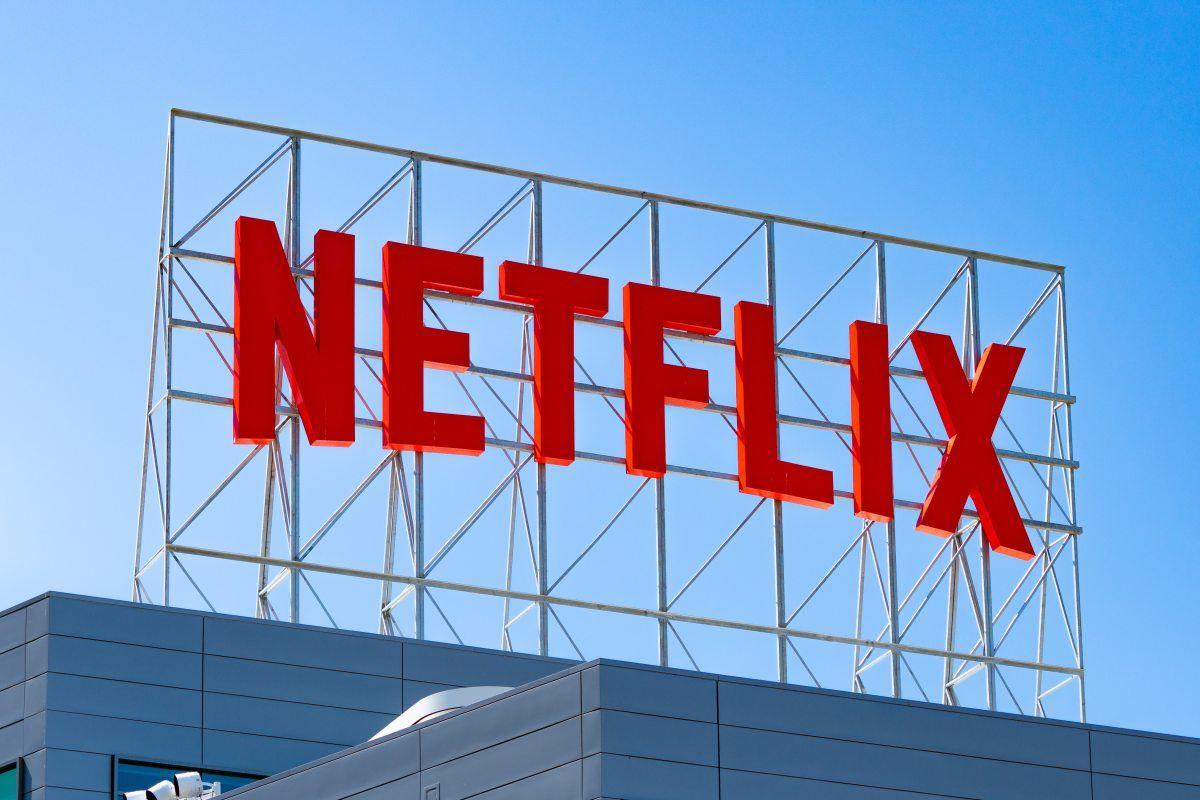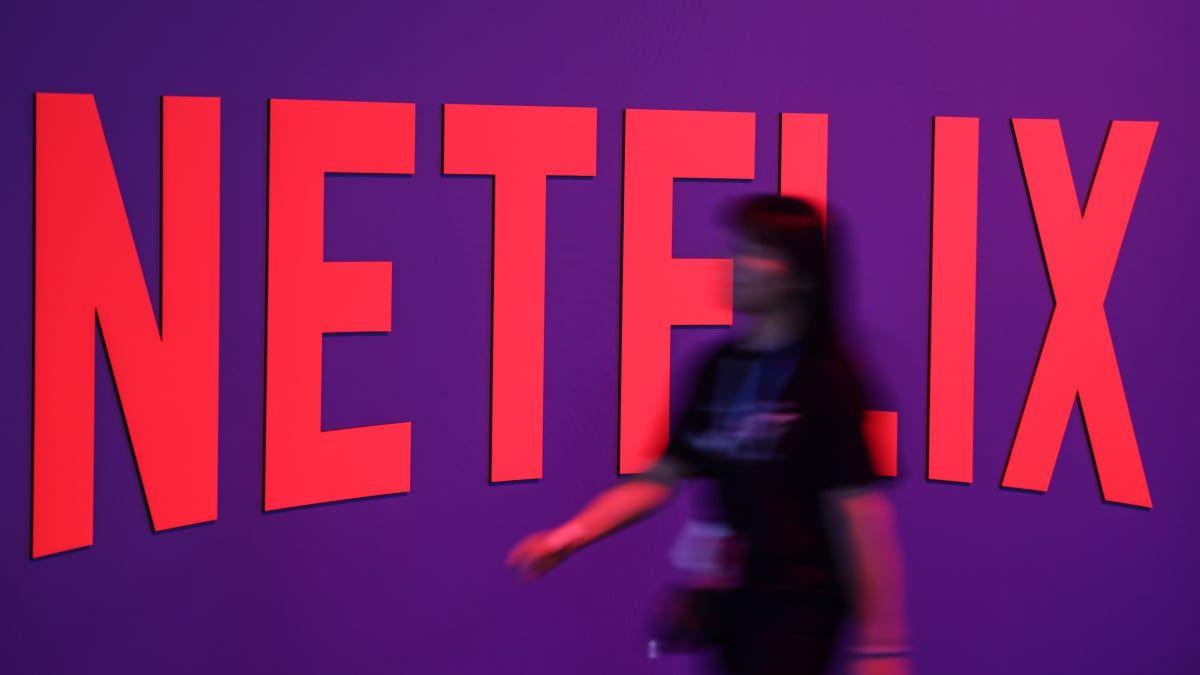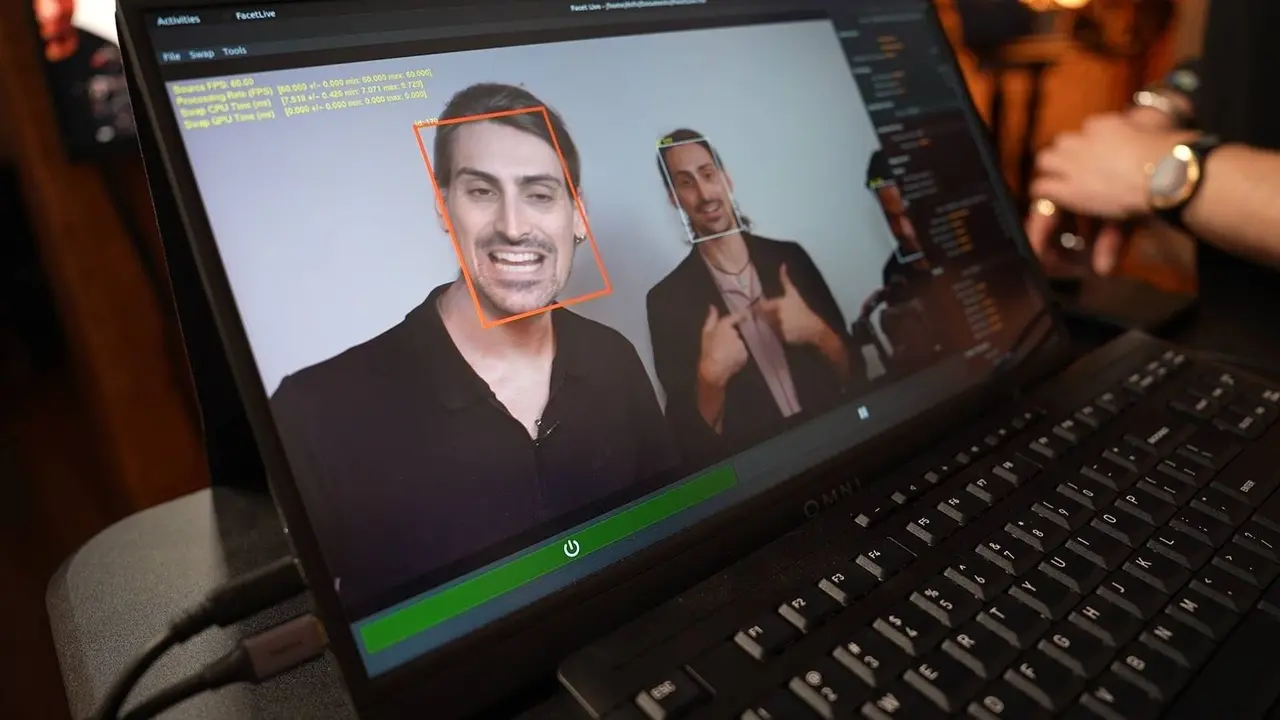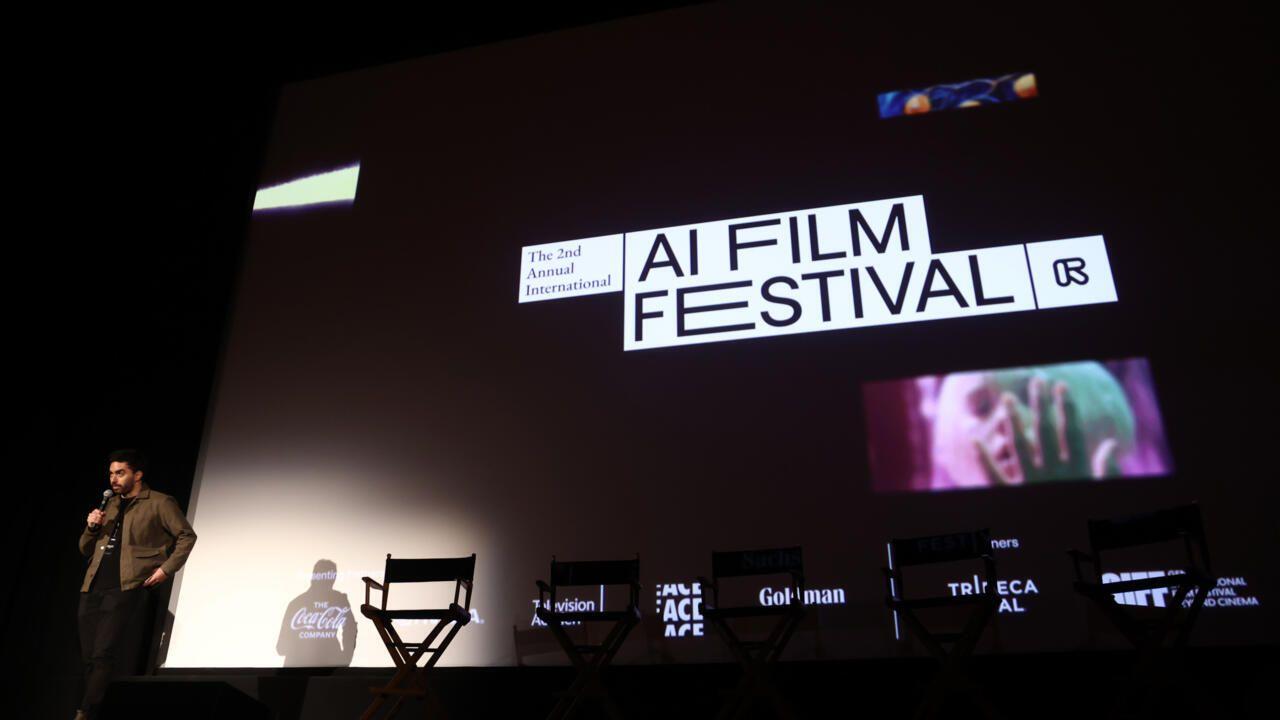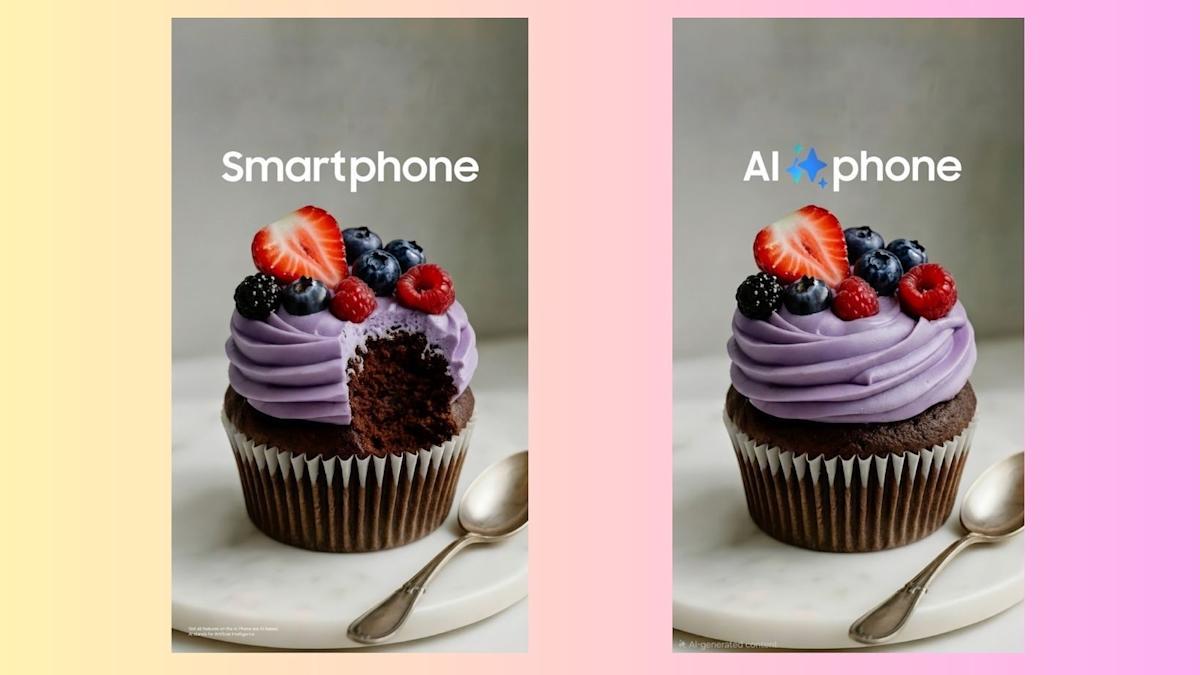Netflix's Pioneering Use of Generative AI in "El Eternauta" Sparks Industry Debate
3 Sources
3 Sources
[1]
Netflix is now using generative AI - but it risks leaving viewers and creatives behind
Kingston University provides funding as a member of The Conversation UK. Netflix's recent use of generative AI to create a building collapse scene in the sci-fi show El Eternauta (The Eternaut) marks more than a technological milestone. It reveals a fundamental psychological tension about what makes entertainment authentic. The sequence represents the streaming giant's first official deployment of text-to-video AI in final footage. According to Netflix, it was completed ten times faster than traditional methods would have allowed. Yet this efficiency gain illuminates a deeper question rooted in human psychology. When viewers discover their entertainment contains AI, does this revelation of algorithmic authorship trigger the same cognitive dissonance we experience when discovering we've been seduced by misinformation? The shift from traditional CGI (computer-generated imagery) to generative AI is the most significant change in visual effects (VFX) since computer graphics displaced physical effects. Traditional physical VFX requires legions of artists meticulously crafting mesh-based models, spending weeks perfecting each element's geometry, lighting and animation. Even the use of CGI with green screens demands human artists to construct every digital element from 3D models and programme the simulations. They have to manually key-frame each moment, setting points to show how things move or change. Netflix's generative AI approach marks a fundamental shift. Instead of building digital scenes piece by piece, artists simply describe what they want and algorithms generate full sequences instantly. This turns a slow, laborious craft into something more like a creative conversation. But it also raises tough questions. Are we seeing a new stage of technology - or the replacement of human creativity with algorithmic guesswork? Looking for something good? Cut through the noise with a carefully curated selection of the latest releases, live events and exhibitions, straight to your inbox every fortnight, on Fridays. Sign up here. El Eternauta's building collapse scene demonstrates this transformation starkly. What would once have demanded months of modelling, rigging and simulation work has been accomplished through text-to-video generation in a fraction of the time. The economics driving this transformation extend far beyond Netflix's creative ambitions. The text-to-video AI market is projected to be worth £1.33 billion by 2029. This reflects an industry looking to cut corners after the streaming budget cuts of 2022. In that year, Netflix's content spending declined 4.6%, while Disney and other major studios implemented widespread cost-cutting measures. AI's cost disruption is bewildering. Traditional VFX sequences can cost thousands per minute. As a result, the average CGI and VFX budget for US films reached US$33.7 million (£25 million) per movie in 2018. Generative AI could lead to cost reductions of 10% across the media industry, and as much as 30% in TV and film. This will enable previously impossible creative visions to be realised by independent filmmakers - but this increased accessibility comes with losses too. The OECD reports that 27% of jobs worldwide are at "high risk of automation" due to AI. Meanwhile, surveys by the International Alliance of Theatrical Stage Employees have revealed that 70% of VFX workers do unpaid overtime, and only 12% have health insurance. Clearly, the industry is already under pressure. Power versus precision While AI grants filmmakers unprecedented access to complex imagery, it simultaneously strips away the granular control that defines directorial vision. As an experiment, film director Ascanio Malgarini spent a year creating an AI-generated short film called Kraken (2025). He used AI tools like MidJourney, Kling, Runway and Sora, but found that "full control over every detail" was "simply out of the question". Malgarini described working more like a documentary editor. He assembled "vast amounts of footage from different sources" rather than directing precise shots. And it's not just filmmakers who prefer the human touch. In the art world, studies have shown that viewers strongly prefer original artworks to pixel-perfect AI copies. Participants cited sensitivity to the creative process as fundamental to appreciation. When applied to AI-generated content, this bias creates fascinating contradictions. Recent research in Frontiers in Psychology found that when participants didn't know the origin, they significantly preferred AI-generated artwork to human-made ones. However, once AI authorship was revealed, the same content suffered reduced perceptions of authenticity and creativity. Hollywood's AI reckoning Developments in AI are happening amid a regulatory vacuum. While the US Congress held multiple AI hearings in 2023, no comprehensive federal AI legislation exists to govern Hollywood's use. The stalled US Generative AI Copyright Disclosure Act leaves creators without legal protections, as companies deploy AI systems trained on potentially copyrighted materials. The UK faces similar challenges, with the government launching a consultation in December 2024 on copyright and AI reform. This included a proposal for an "opt-out" system, meaning creators could actively prevent their work from being used in AI training. The 2023 Hollywood strikes crystallised industry fears about AI displacement. Screenwriters secured protections ensuring AI cannot write or rewrite material, while actors negotiated consent requirements for digital replicas. Yet these agreements primarily cover the directors, producers and lead actors who have the most negotiating power, while VFX workers remain vulnerable. Copyright litigation is now beginning to dominate the AI landscape - over 30 infringement lawsuits have been filed against AI companies since 2020. Disney and Universal's landmark June 2025 lawsuit against Midjourney represents the first major studio copyright challenge, alleging the AI firm created a "bottomless pit of plagiarism" by training on copyrighted characters without permission. Meanwhile, federal courts in the US have delivered mixed rulings. A Delaware judge found against AI company Ross Intelligence for training on copyrighted legal content, while others have partially sided with fair use defences. The industry faces an acceleration problem - AI advancement outpaces contract negotiations and psychological adaptation. AI is reshaping industry demands, yet 96% of VFX artists report receiving no AI training, with 31% citing this as a barrier to incorporating AI in their work. Netflix's AI integration shows that Hollywood is grappling with fundamental questions about creativity, authenticity and human value in entertainment. Without comprehensive AI regulation and retraining programs, the industry risks a future where technological capability advances faster than legal frameworks, worker adaptation and public acceptance can accommodate. As audiences begin recognising AI's invisible hand in their entertainment, the industry must navigate not just economic disruption, but the cognitive biases that shape how we perceive and value creative work.
[2]
Netflix Says It Used Video-Generating AI for Special Effects in a New Show
Netflix is bragging that, for the first time, it's used generative AI in one of its original, scripted TV shows, Ars Technica reports, signaling its championing of a technology that the streamer claims will shorten production times, lower costs, all while supposedly enhancing the quality of its series and films. "We remain convinced that AI represents an incredible opportunity to help creators make films and series better, not just cheaper," Netflix co-CEO Ted Sarandos said in an earnings call with investors on Thursday. The show in question is "El Eternauta" (The Eternaut), an Argentine science fiction series which depicts an apocalyptic world where a toxic snowfall has killed millions of people. According to Sarandos, the show's creators leveraged AI to depict a sequence where a building collapses in Buenos Aires. "Using AI-powered tools, they were able to achieve an amazing result with remarkable speed and, in fact, that VFX sequence was completed ten times faster than it could have been completed with traditional VFX tools and workflows," Sarandos claimed. "It used to be that only big-budget projects would have access to advanced visual effects like de-aging," he added. The Eternaut premiered in late April, became an instant hit, and is expected to be renewed for a second season. At the time of its release, there was significant buzz about the quality of its visual effects. According to a Deadline interview with the show's creators, "The Eternaut" involved an incredible 2,000 VFX shots. Given the huge amount of footage that goes into making a TV show, as well as tight budgets and schedules, it's not surprising to see why producers would be tempted to chuck AI into the mix to speed things along. It's unclear, however, what AI software was used in the show. "Our creators are already seeing the benefits in production through pre-visualization and shot planning work and, certainly, visual effects," Sarandos said, per Ars. "It used to be that only big-budget projects would have access to advanced visual effects like de-aging." The role of AI tools remains contentious in the industry, and for good reason. Actors have fought tooth and nail to win AI protections in a groundbreaking deal by carrying out the longest strike against film studios in Hollywood history. Video game performers followed with their own strike that ended last month after a tentative agreement was reached. Whether they work in front of the camera or behind it, many in the industry fear their jobs being replaced by AI. There's a heap of artistic reasons, too. Generative AI outputs can end up looking terrible, and potentially undermine the integrity of the work, as the scandals around several high-profile, AI-tinged films, including "The Brutalist" and "Alien: Romulus," have shown. Netflix has been flirting with AI usage for a while now. Its other co-CEO, Greg Peters, said in an earnings call last year that AI could be a "critical" storytelling tool for creators. The remarks came amid controversy for one of its true crime documentaries using what were almost certainly AI-manipulated images. Early this year, the streamer also caught flak for using AI to reconstruct the voice of a murder victim in another true crime doc. Other streamers have been more ardent about the tech. Amazon, for example, has experimented with AI-generated recaps of TV shows, and an AI tool that recommends content based on similar character arcs and plot points. In March, it debuted "AI-aided" dubs of select TV shows. It's fair to say that Netflix is now going all-in on the tech. On Monday, Bloomberg reported that Netflix has started using the video-generating AI from the startup Runway for "content production." It was not, however, used to help create the VFX in "The Eternaut."
[3]
Netflix is now using generative AI -- but it risks leaving viewers and creatives behind
Netflix's recent use of generative AI to create a building collapse scene in the sci-fi show "El Eternauta" ("The Eternaut") marks more than a technological milestone. It reveals a fundamental psychological tension about what makes entertainment authentic. The sequence represents the streaming giant's first official deployment of text-to-video AI in final footage. According to Netflix, it was completed 10 times faster than traditional methods would have allowed. Yet this efficiency gain illuminates a deeper question rooted in human psychology. When viewers discover their entertainment contains AI, does this revelation of algorithmic authorship trigger the same cognitive dissonance we experience when discovering we've been seduced by misinformation? The shift from traditional CGI (computer-generated imagery) to generative AI is the most significant change in visual effects (VFX) since computer graphics displaced physical effects. Traditional physical VFX requires legions of artists meticulously crafting mesh-based models, spending weeks perfecting each element's geometry, lighting and animation. Even the use of CGI with green screens demands human artists to construct every digital element from 3D models and program the simulations. They have to manually key-frame each moment, setting points to show how things move or change. Netflix's generative AI approach marks a fundamental shift. Instead of building digital scenes piece by piece, artists simply describe what they want and algorithms generate full sequences instantly. This turns a slow, laborious craft into something more like a creative conversation. But it also raises tough questions. Are we seeing a new stage of technology -- or the replacement of human creativity with algorithmic guesswork? The building collapse scene in "El Eternauta" demonstrates this transformation starkly. What would once have demanded months of modeling, rigging and simulation work has been accomplished through text-to-video generation in a fraction of the time. The economics driving this transformation extend far beyond Netflix's creative ambitions. The text-to-video AI market is projected to be worth £1.33 billion by 2029. This reflects an industry looking to cut corners after the streaming budget cuts of 2022. In that year, Netflix's content spending declined 4.6%, while Disney and other major studios implemented widespread cost-cutting measures. AI's cost disruption is bewildering. Traditional VFX sequences can cost thousands per minute. As a result, the average CGI and VFX budget for US films reached US$33.7 million (£25 million) per movie in 2018. Generative AI could lead to cost reductions of 10% across the media industry, and as much as 30% in TV and film. This will enable previously impossible creative visions to be realized by independent filmmakers -- but this increased accessibility comes with losses too. The OECD reports that 27% of jobs worldwide are at "high risk of automation" due to AI. Meanwhile, surveys by the International Alliance of Theatrical Stage Employees have revealed that 70% of VFX workers do unpaid overtime, and only 12% have health insurance. Clearly, the industry is already under pressure. Power versus precision While AI grants filmmakers unprecedented access to complex imagery, it simultaneously strips away the granular control that defines directorial vision. As an experiment, film director Ascanio Malgarini spent a year creating an AI-generated short film called "Kraken" (2025). He used AI tools like MidJourney, Kling, Runway and Sora, but found that "full control over every detail" was "simply out of the question." Malgarini described working more like a documentary editor. He assembled "vast amounts of footage from different sources" rather than directing precise shots. And it's not just filmmakers who prefer the human touch. In the art world, studies have shown that viewers strongly prefer original artworks to pixel-perfect AI copies. Participants cited sensitivity to the creative process as fundamental to appreciation. When applied to AI-generated content, this bias creates fascinating contradictions. Recent research in Frontiers in Psychology found that when participants didn't know the origin, they significantly preferred AI-generated artwork to human-made ones. However, once AI authorship was revealed, the same content suffered reduced perceptions of authenticity and creativity. Hollywood's AI reckoning Developments in AI are happening amid a regulatory vacuum. While the US Congress held multiple AI hearings in 2023, no comprehensive federal AI legislation exists to govern Hollywood's use. The stalled US Generative AI Copyright Disclosure Act leaves creators without legal protections, as companies deploy AI systems trained on potentially copyrighted materials. The UK faces similar challenges, with the government launching a consultation in December 2024 on copyright and AI reform. This included a proposal for an "opt-out" system, meaning creators could actively prevent their work from being used in AI training. The 2023 Hollywood strikes crystallized industry fears about AI displacement. Screenwriters secured protections ensuring AI cannot write or rewrite material, while actors negotiated consent requirements for digital replicas. Yet these agreements primarily cover the directors, producers and lead actors who have the most negotiating power, while VFX workers remain vulnerable. Copyright litigation is now beginning to dominate the AI landscape -- over 30 infringement lawsuits have been filed against AI companies since 2020. Disney and Universal's landmark June 2025 lawsuit against Midjourney represents the first major studio copyright challenge, alleging the AI firm created a "bottomless pit of plagiarism" by training on copyrighted characters without permission. Meanwhile, federal courts in the US have delivered mixed rulings. A Delaware judge found against AI company Ross Intelligence for training on copyrighted legal content, while others have partially sided with fair use defenses. The industry faces an acceleration problem -- AI advancement outpaces contract negotiations and psychological adaptation. AI is reshaping industry demands, yet 96% of VFX artists report receiving no AI training, with 31% citing this as a barrier to incorporating AI in their work. Netflix's AI integration shows that Hollywood is grappling with fundamental questions about creativity, authenticity and human value in entertainment. Without comprehensive AI regulation and retraining programs, the industry risks a future where technological capability advances faster than legal frameworks, worker adaptation and public acceptance can accommodate. As audiences begin recognizing AI's invisible hand in their entertainment, the industry must navigate not just economic disruption, but the cognitive biases that shape how we perceive and value creative work. This article is republished from The Conversation under a Creative Commons license. Read the original article.
Share
Share
Copy Link
Netflix's first use of text-to-video AI in the sci-fi show "El Eternauta" marks a significant shift in visual effects production, raising questions about efficiency, creativity, and the future of the entertainment industry.
Netflix's Groundbreaking Use of Generative AI
Netflix has made a significant leap in the world of visual effects (VFX) by using generative AI to create a building collapse scene in the Argentine sci-fi series "El Eternauta" (The Eternaut). This marks the streaming giant's first official deployment of text-to-video AI in final footage, completing the sequence ten times faster than traditional methods
1
2
3
.
Source: The Conversation
The Shift from Traditional CGI to Generative AI
The transition from traditional computer-generated imagery (CGI) to generative AI represents the most substantial change in VFX since computer graphics replaced physical effects. While traditional VFX requires teams of artists to meticulously craft models and animations, Netflix's new approach allows artists to simply describe what they want, with algorithms generating full sequences instantly
1
3
.Economic Implications and Industry Transformation
The text-to-video AI market is projected to reach £1.billion by 2029, reflecting an industry seeking cost-cutting measures following streaming budget cuts in 2022. Generative AI could lead to cost reductions of up to 30% in TV and film production
1
3
. This economic shift could democratize complex visual effects, making them accessible to independent filmmakers with smaller budgets.Concerns for the Workforce
The adoption of AI in VFX raises significant concerns about job security. The OECD reports that 27% of jobs worldwide are at "high risk of automation" due to AI. In the VFX industry, where 70% of workers already do unpaid overtime and only 12% have health insurance, the pressure is mounting
1
3
.Creative Control and Viewer Perception
While AI grants filmmakers unprecedented access to complex imagery, it also reduces the granular control that defines directorial vision. Film director Ascanio Malgarini, who created an AI-generated short film "Kraken" (2025), found that "full control over every detail" was "simply out of the question" when using AI tools
1
3
.Research has shown that viewers tend to prefer original artworks to AI-generated ones when they know the origin. This bias creates an interesting paradox: participants in a study preferred AI-generated artwork when unaware of its source but perceived it as less authentic and creative once AI authorship was revealed
1
3
.Related Stories
Regulatory Challenges and Industry Response
The rapid development of AI in entertainment is occurring in a regulatory vacuum. While the US Congress has held AI hearings, no comprehensive federal AI legislation exists to govern its use in Hollywood. The UK is also grappling with these issues, proposing an "opt-out" system for creators to prevent their work from being used in AI training
1
3
.The 2023 Hollywood strikes resulted in some protections for screenwriters and actors against AI displacement. However, these agreements primarily cover those with the most negotiating power, leaving VFX workers potentially vulnerable
1
3
.Netflix's Stance and Future Implications
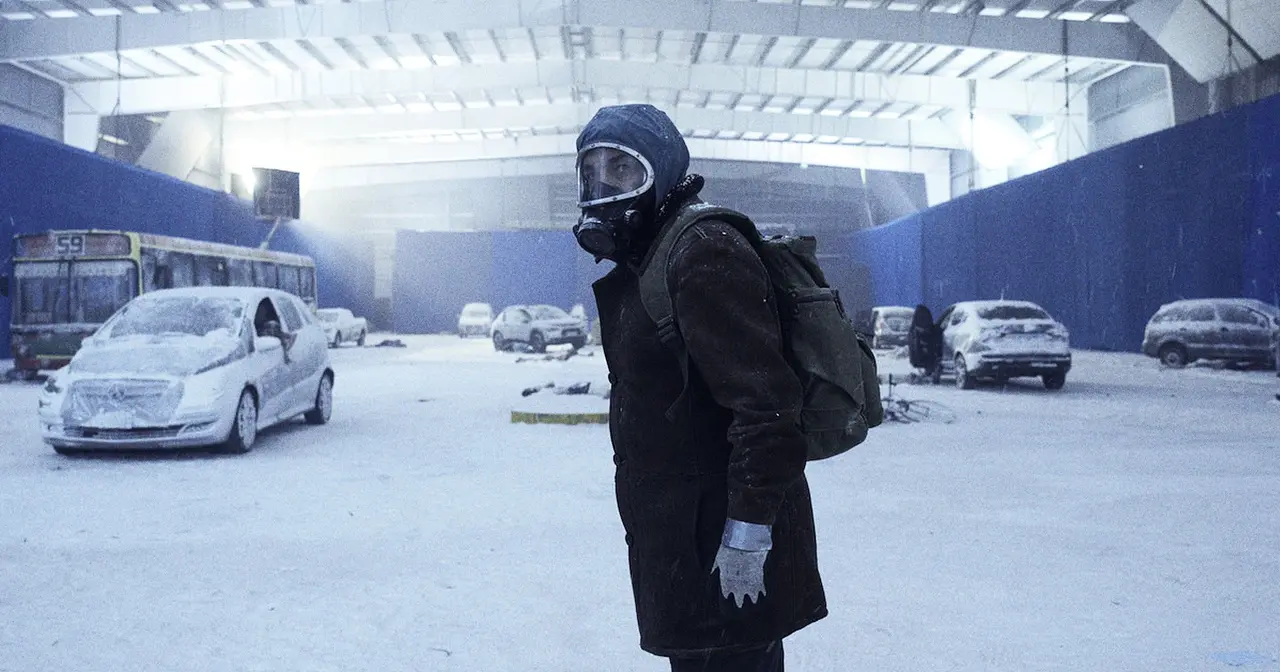
Source: Futurism
Netflix remains optimistic about AI's potential in content creation. Co-CEO Ted Sarandos stated, "We remain convinced that AI represents an incredible opportunity to help creators make films and series better, not just cheaper"
2
. The company has also been experimenting with AI in other areas, such as voice reconstruction in documentaries2
.As the entertainment industry continues to grapple with the implications of AI, the balance between technological advancement, creative integrity, and workforce protection remains a critical challenge. The success of "El Eternauta" and its AI-generated effects may set a precedent for future productions, potentially reshaping the landscape of visual storytelling in the digital age.
References
Summarized by
Navi
[1]
Related Stories
Recent Highlights
1
ByteDance Faces Hollywood Backlash After Seedance 2.0 Creates Unauthorized Celebrity Deepfakes
Technology

2
Microsoft AI chief predicts artificial intelligence will automate most white-collar jobs in 18 months
Business and Economy

3
Google reports state-sponsored hackers exploit Gemini AI across all stages of cyberattacks
Technology

